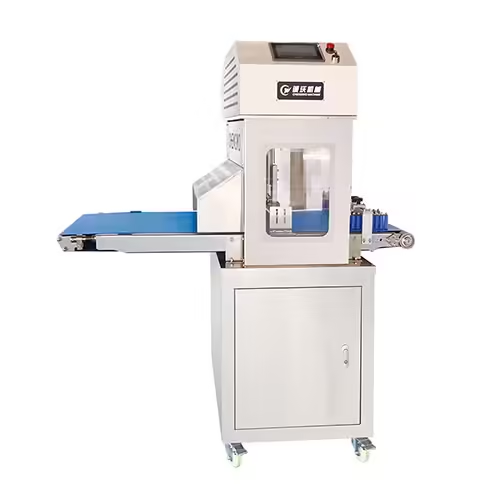



The art of baking is evolving, and so is the technology behind it. As demands for consistency, efficiency, and quality rise, industrial and commercial bakeries are turning to advanced equipment to stay competitive. One of the most critical pieces in this modern baking puzzle is the bread mixer machine.
Chengwo’s bread mixer machines are not just tools; they’re precision-engineered solutions designed to streamline every step of bread production—from kneading and fermentation to shaping and baking. Equipped with advanced temperature and humidity control systems, these machines deliver unmatched dough consistency, batch after batch. Whether you operate a local bakery or a multinational food factory, Chengwo helps you scale efficiently, reduce manual labor, and maintain top-tier quality across all product lines.
In this article, we’ll explore how choosing the right bread mixer machine can significantly improve your bakery’s productivity, consistency, and profitability.
The bread mixer is more than a convenience; it’s a necessity for modern bakeries aiming for growth and efficiency. Here’s why:
Whether you’re a local bakery or a high-capacity plant, a bread mixer is your ticket to reliable, scalable production.
There are various types of bread mixer, each serving a specific purpose in the baking process. Understanding the options helps you make an informed decision:
Perfect for soft doughs, spiral mixers mimic the traditional kneading process. Ideal for artisan-style breads, they ensure minimal temperature rise and optimal gluten development.
Highly versatile, the planetary bread mixer is great for both dough and batter. It features multiple attachments, making it suitable for a variety of products beyond bread.
Best suited for heavy, stiff doughs or continuous production lines. These mixers are robust and efficient, especially in industrial settings.
These mixers allow the bowl to tilt, making unloading fast and ergonomic. A tilt-over bread mixer is perfect for mid-sized operations looking to scale up with minimal effort.
Implementing a bread mixer in your baking operations can bring the following benefits:
With a focus on automation and precision, bread mixer allow bakeries to meet growing consumer demands while keeping costs in check.
The following table can help you understand our bread mixer machine
| Parameter | Specification |
|---|---|
| Output | 1000-15000 pcs/h |
| Final Product Weight | 15-500 g/pcs |
| Size | 3800 × 700 × 1600 mm |
Choosing a bread mixer depends on several factors unique to your business:
Evaluate these considerations before selecting a bread mixer to ensure a perfect match with your operational needs.
Investing in the right bread mixer helps your business:
This technological upgrade positions your bakery as a leader in both quality and innovation.
To keep your bread mixer operating at peak performance, follow these maintenance tips:
Preventative maintenance not only extends the machine’s life but also ensures consistent performance in every batch.
Investing in the right bread mixer machine is a strategic decision that can elevate every aspect of your baking process. From higher output to consistent dough quality, it’s clear that automation is no longer a luxury but a necessity for modern bakeries.
Chengwo, as a trusted manufacturer in the food machinery sector, delivers not only robust and intelligent equipment but also dependable after-sales service and customized solutions. With Chengwo’s bread mixer, you’re not just buying a machine—you’re gaining a long-term partner in your growth.
Ready to revolutionize your production line?
Contact us today to discover how a Chengwo bread mixer can bring efficiency, consistency, and superior quality to your bakery operations.
What is the ideal capacity for a commercial bread mixer machine?
It depends on your daily production. For small bakeries, 20–60 liters is common. For industrial use, go beyond 100 liters.
Can one bread mixer machine handle different dough types?
Yes, especially planetary mixers. But for heavy-duty doughs, spiral or horizontal mixers are better suited.
How long does it take to mix dough in a bread mixer?
Typically 8–15 minutes, depending on dough type and batch size.
Are bread mixer energy-efficient?
Modern bread mixer come with energy-saving motors and efficient controls, reducing power consumption.
How often should I service my bread mixer?
Monthly inspections are advised, with a full service every 6–12 months, depending on usage.

